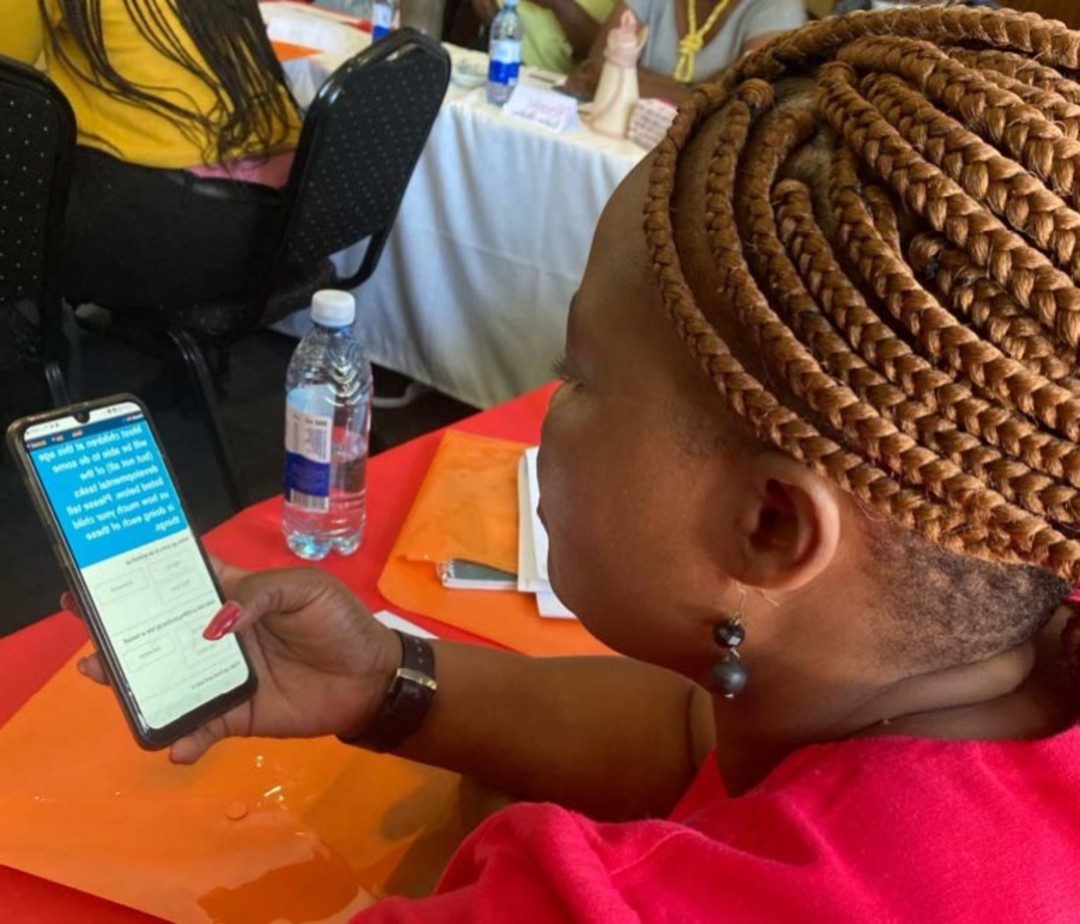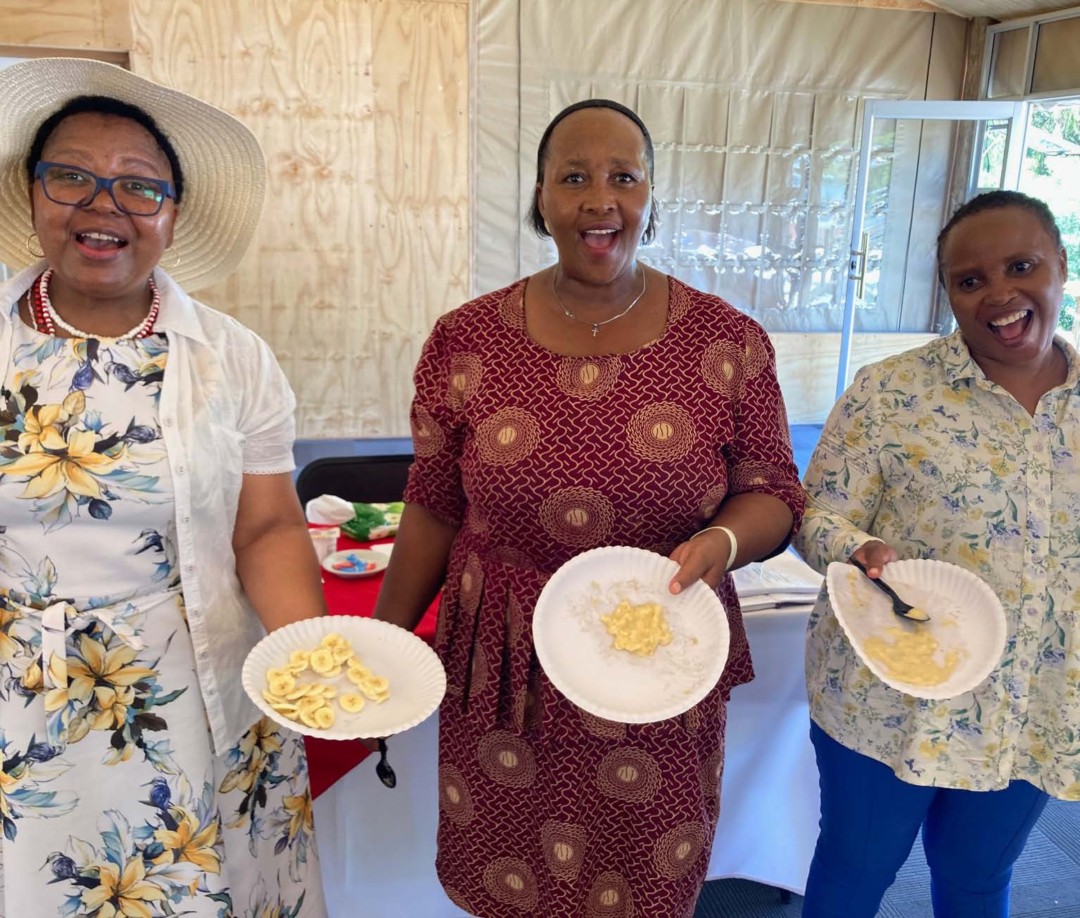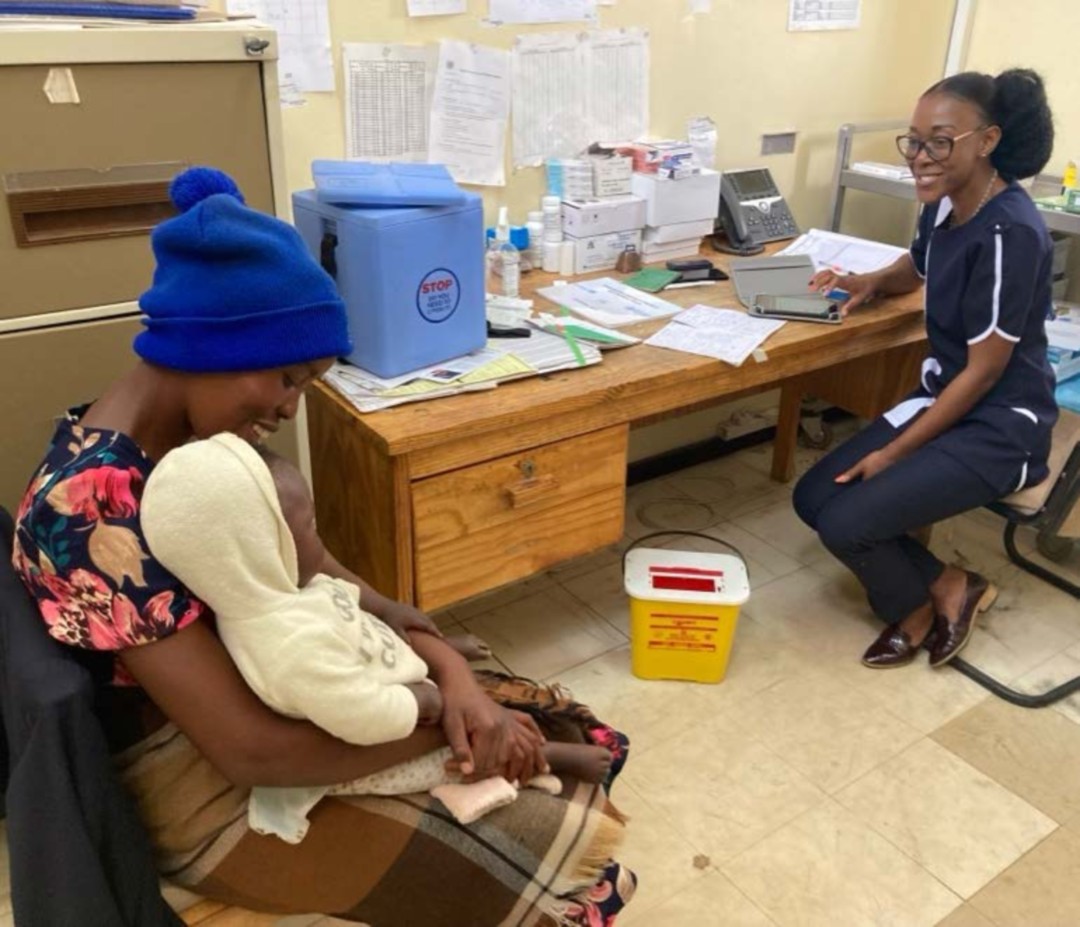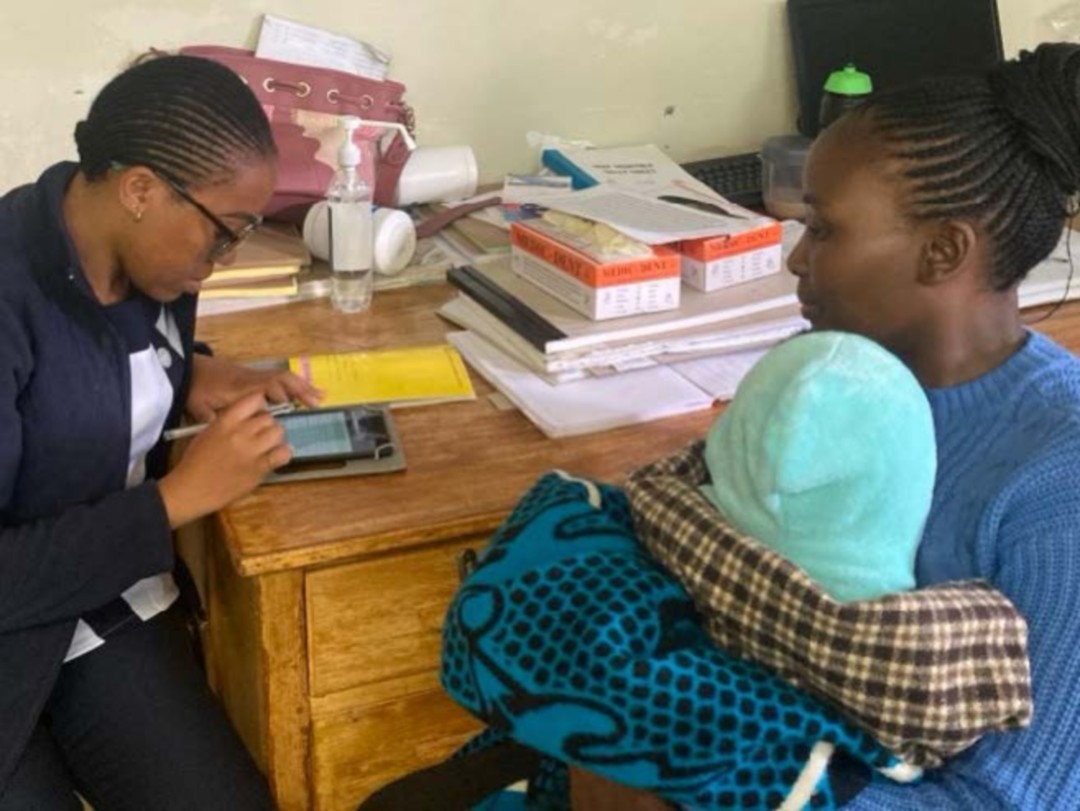Training and mentorship in child nutrition and feeding for nurses
The project aims to strengthen the capacity of nurses at six health centers in Maseru through a training and mentorship program focused on nutrition and feeding. Spoon will be partnering with the Lesotho National Federation of Organizations for the Disabled (LNFOD). Together, they will equip eight master trainers with knowledge in nutrition and feeding and skills in training facilitation, mentorship, and the use of the “Count Me In App” (Count Me In). These master trainers will then go on and train and mentor 30 nurses and six community health worker coordinators, from six health centers, in nutrition and feeding assessments, counseling of caregivers, and in using Count Me In. This will enable nutrition and feeding assessments to be implemented using Count Me In at each of the six health centers, checking the development of over 600 children under the age of five. The project also includes equipping community health workers linked to the six health centers with Information, Education, and Communication (IEC) materials to share with their communities. The support from LNFOD will diminish over time as the nurses become more proficient.
Founded in 2007, SPOON is a US-based non-profit. Its mission is to nourish children who are highly vulnerable to malnutrition by empowering their caregivers around the globe.
News







Lesotho
Population
2.23 million (2017)
Per Capita Income
USD 1,210/ an (2017)
Poverty rate *
53% (2017)
Literacy rate
77% (2016)
Human Development Index
159th out of 189 countries (2018)
Over the past two decades, Lesotho has made little progress in lowering its poverty headcount rate from 60% (2002) to 53% (2018). High inequality and poverty coupled with high unemployment (28%) are exacerbated by lack of infrastructure and harsh climate in the mountain districts. Lesotho’s greatest challenge remains its high HIV/AIDS prevalence (one in 4 of the adult population) and its TB co-epidemic. 40% of children suffer from chronic malnutrition and one in ten does not survive its 5th birthday. Although budgetary allocations amount to almost 9% of GDP, this has not translated in improvements in key health outcomes. Similarly, despite huge public spending in the education sector, poor educational outcomes persist amid concerns about equitable access. Subsistence farming remains the main source of income but its importance and magnitude is declining. The poorest quintile is the most affected.
Sources: World Food Program, UNICEF, World Bank, 2016 Human Development Report, Human Development Indices and Indicators (2018 Statistical Update)
*The percentage of the population living below the national poverty line.